Turkey's civilian leaders met Tuesday with top generals amid growing tension over an alleged military plan to discredit the Islamist-rooted government and moves in parliament to curb the army's powers. The meeting of the National Security Council (MGK) was expected to focus on what the army chief has described as a "growing and organised" smear campaign against the staunchly secularist military.
Turkey's military has often clashed with the government as it believes it is flouting the country's secular system. President Abdullah Gul chaired the meeting, attended by Prime Minister Recep Tayyip Erdogan, senior ministers, chief of staff Ilker Basbug and four of his highest-ranking generals. The tensions erupted when a purported army document outlining actions to discredit the ruling Justice and Development Party (AKP) and the powerful brotherhood of Muslim cleric Fethullah Gulen, was leaked to the media earlier this month.
The army angrily rejected the paper as a forgery and called for a probe into who had "fabricated" it. But even before the dust had settled, the AKP rushed through parliament a bill curbing the powers of military courts in a pre-dawn session Friday, without any prior public debate. The amendments, which need Gul's approval to take effect, empowered civilian courts to try soldiers for attempts against the government.
The tensions came atop an already controversial probe into an alleged plot to prompt a coup against the AKP, in which dozens of suspects - among them retired generals, journalists and academics - have been arrested. "Undoubtedly, the military will raise certain demands" at the MGK meeting, columnist Okay Gonensin wrote in the popular Vatan daily.
"This could mark the beginning of a process, in which relations between the government and the military will further strain... or on the contrary, of a process in which relations will progress on the basis of common sense and democratic principles," he said.
The Radikal newspaper quoted a source close to the government as saying the crisis might be partially defused if Gul vetoed the military courts bill, which the AKP has defended as a move aimed at meeting EU democracy norms. Apart from its political implications, the bill is already criticised as technically flawed and incompatible with some constitutional articles.
The powers of the once-omnipotent Turkish army, which has unseated four governments since 1960, have already been curbed in recent years as part of reforms to boost Turkey's bid to join the European Union. But the pressure it has now come under is unprecedented. "What is the army going to be? A real army or a power which, under the pretext of 'internal enemies', constantly meddles in politics and governs the country - sometimes behind the curtains, and sometimes openly?" the liberal Taraf daily wrote.
All political parties agree the army should stay out of politics to improve Turkish democracy. But the AKP's opponents say the government's real objective is to emaciate an institution seen as the guardian of Turkey's secular system. The AKP, the moderate offshoot of a now-banned Islamist movement, is routinely accused of pursuing a secret agenda to undermine the secular system, a charge it rejects.
Some media have openly accused the wealthy Gulen brotherhood - believed to have become more influential in the government and police under AKP's rule - of being behind the campaign against the military. Several suspects arrested over the alleged coup plot have said they never owned the documents implicating them in the affair, accusing the government-controlled police of having fabricated evidence.
BR100
15,062
Increased By
2.8 (0.02%)
BR30
43,138
Increased By
206.5 (0.48%)
KSE100
148,710
Decreased By
-105.1 (-0.07%)
KSE30
45,165
Decreased By
-41.3 (-0.09%)







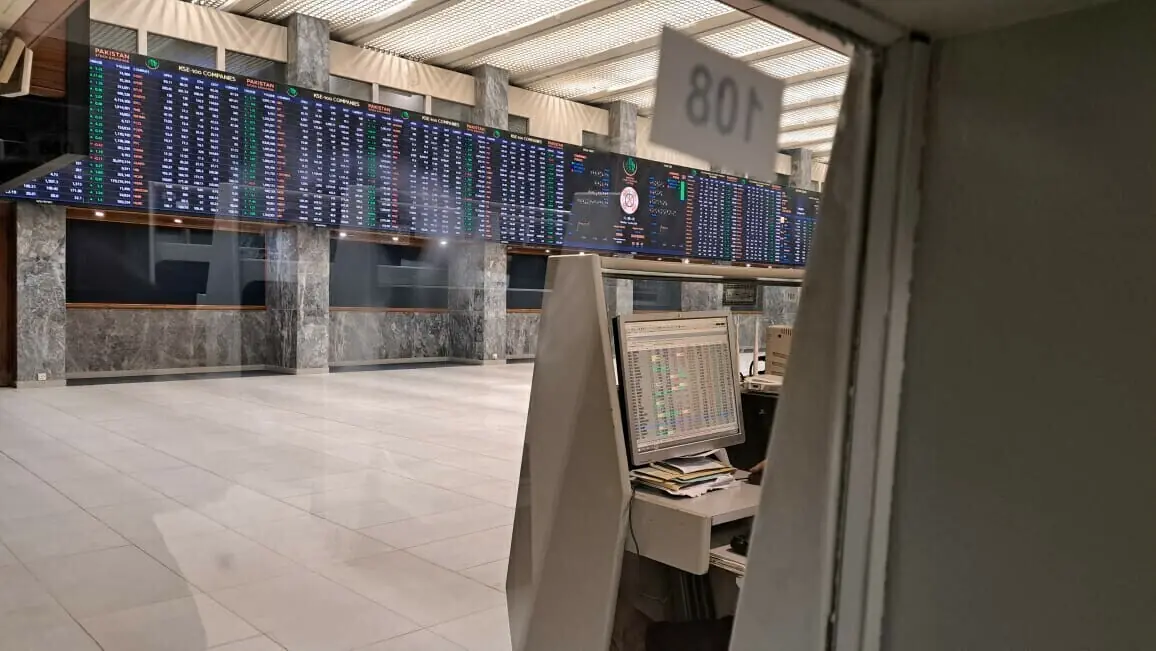


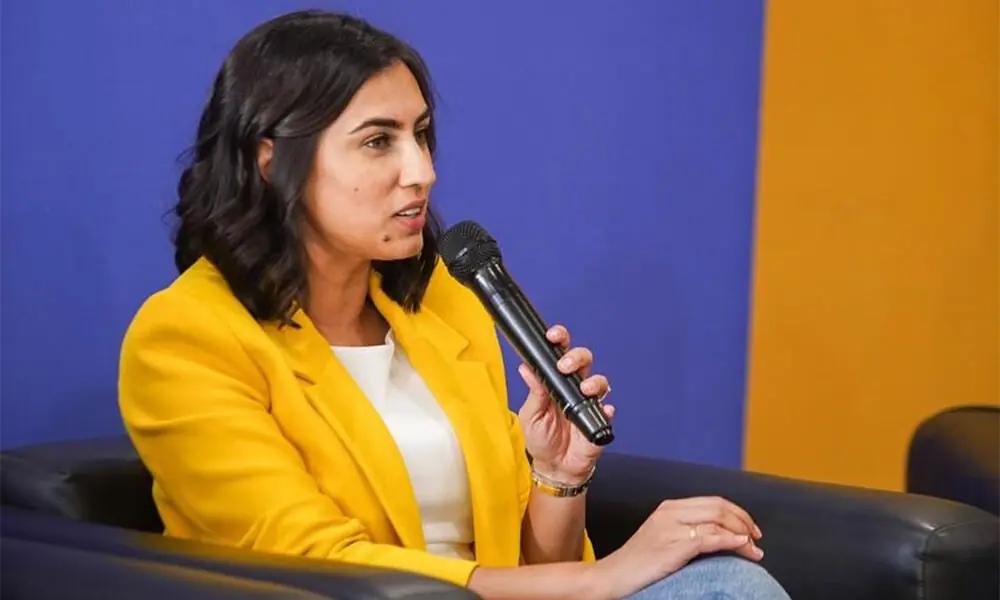



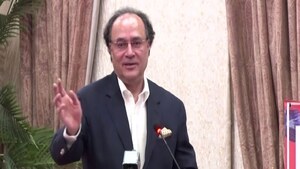


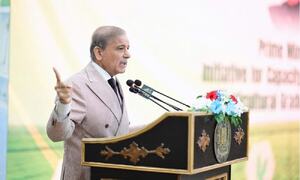
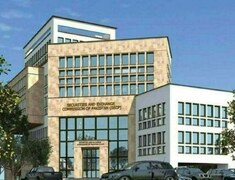


Comments
Comments are closed.